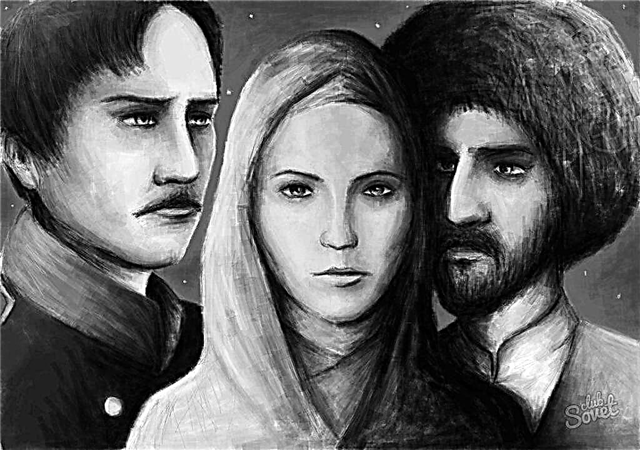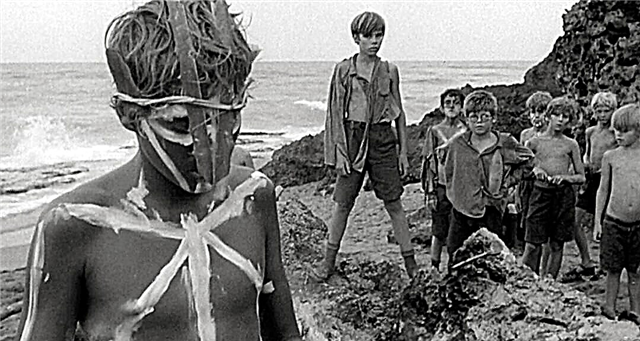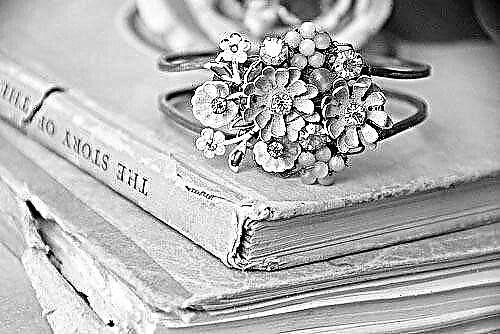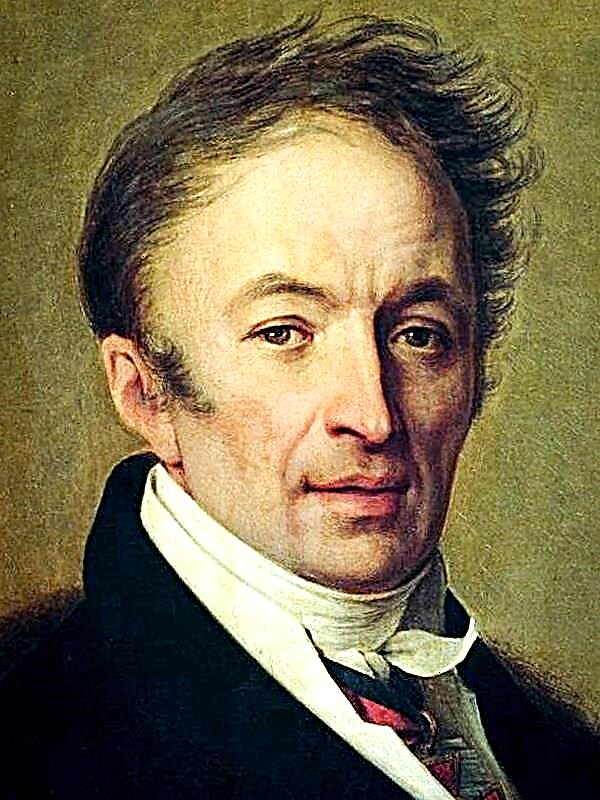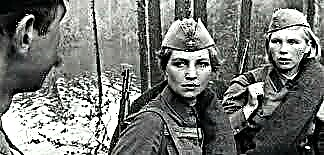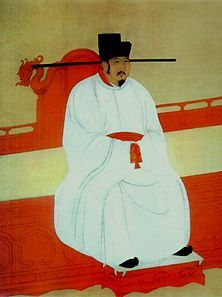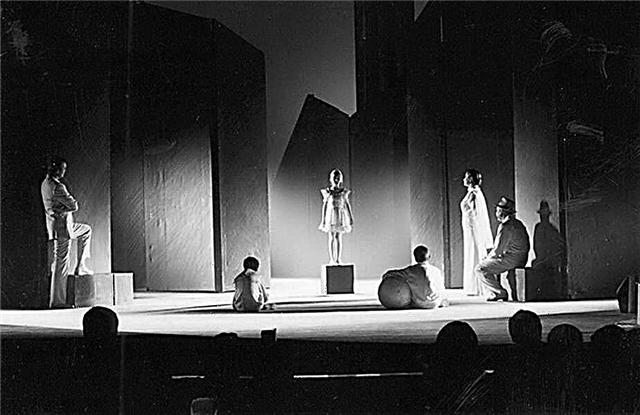(229 words) Kuligin - a man of about fifty, a representative of philistinism. He does not participate directly in the main conflict, but plays an important role in the work.
So, in Kuligin the best features inherent in his estate are embodied. Despite his origin, he is educated: he learned the skill of a mechanic himself (it is no coincidence that his name is consonant with the name of the famous Kulibin), he understands the structure of the world (for example, that lightning is an electric discharge, and not “God's punishment”), even knows how to compose verses the old-fashioned way - in general, it surpasses many Kalinov residents in the mind, including the most influential ones, like the Wild or the Boar.
In addition, Kuligin is endowed with a sensitive soul: he does not get tired of admiring the beauties of his native land, and is also kind to the people around him. However, at the same time, he notices all the evil that is happening in Kalinov, and the tragic backwardness of society, and the terrifying position of the poor, and the vices of the rich ... Moreover, he not only notices, but also tries, to the best of his ability, to influence the situation - he gives advice to young people , how to proceed; persuades people not to be afraid of lightning; asks Wild for means to build a clock on the square and lightning rods. Alas, it is hard for him to do something alone, and those few who share his thoughts are too afraid of the anger of conservative and powerful old-timers.
Kuligin and Katerina in this regard are double characters. The mechanics can also be called “a ray of light in the dark realm”: if Katerina feels the wrong, the injustice of life intuitively, then Kuligin makes meaningful conclusions. It can be argued that the author himself speaks with his mouth - in the hero’s monologues the moral hidden in the play’s action is read in plain text.

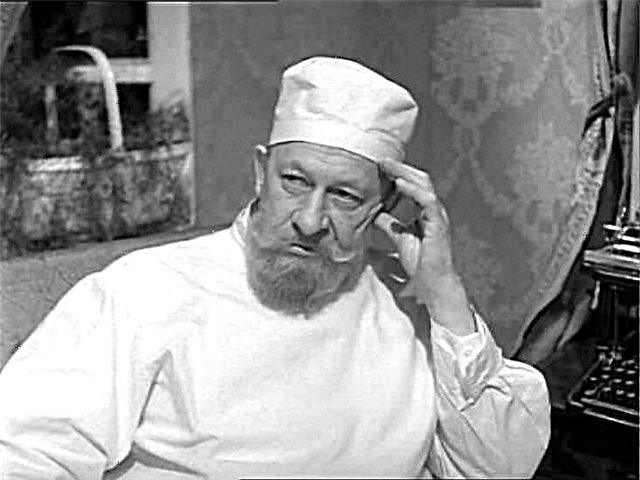
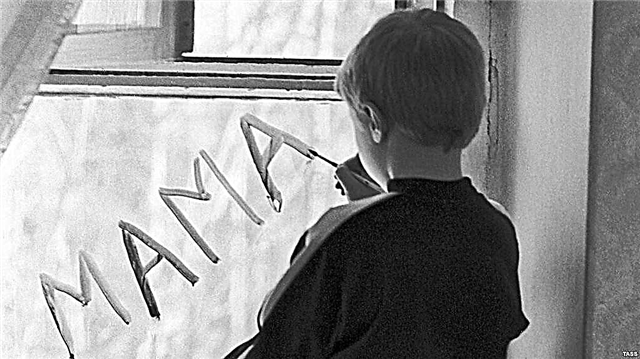
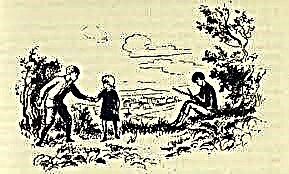
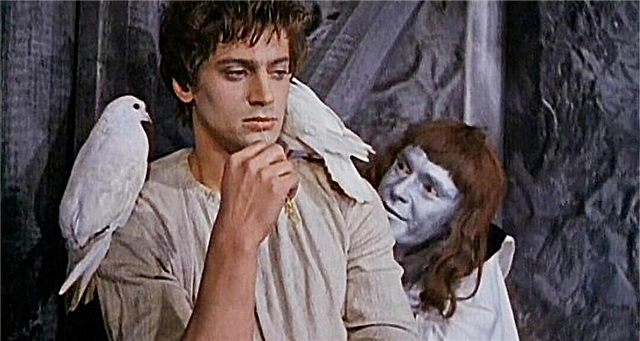 City of masters
City of masters